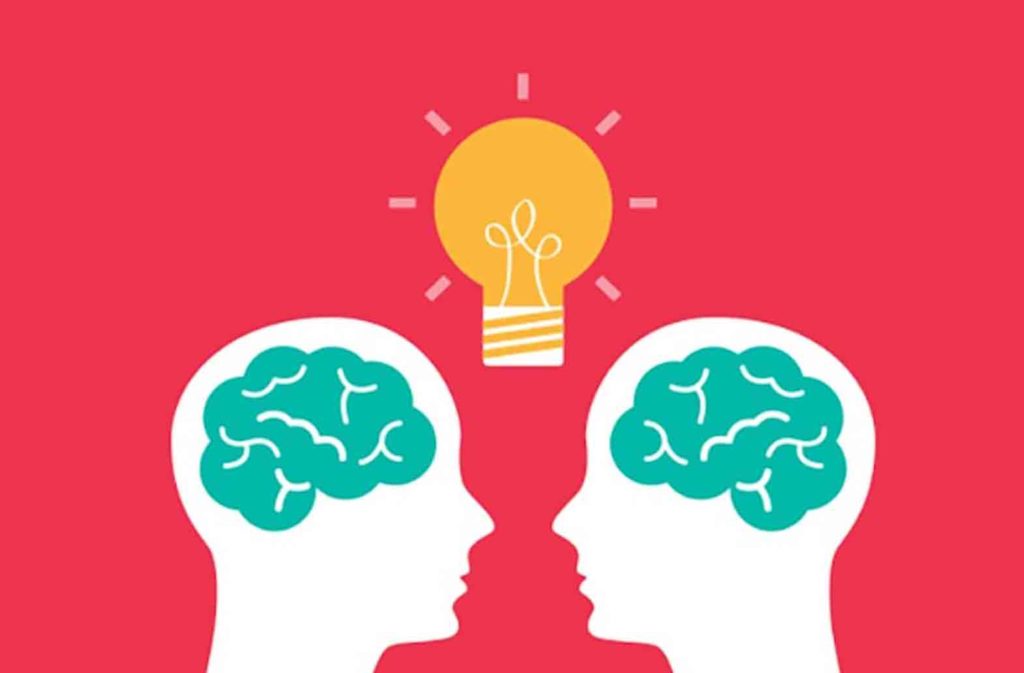Brain-boosting activities to exercise your mind

Feeling focused or forgetful? Sharp or scattered? The human brain does many things to support how we think, feel, and move throughout the day. It’s the command center for our entire body.1 But as we get older, the brain can become less efficient. The good news is there are simple things you can do at any age to boost your mental fitness.
“Our brain is like a muscle. It needs to be trained, strengthened, and supported,” says Kaiser Permanente psychiatric social worker and regional clinical supervisor Leigh Miller, LCSW. “It’s never too early or too late to do activities that boost brain health.”
According to the National Institute on Aging, cognitive health is the ability to clearly think, learn, and remember.2 It helps us do everyday activities. But cognitive health is just one part of overall brain health. “Brain health also includes emotional health and motor function — like how well we move and balance our bodies,” explains Miller.
Challenging your brain in new ways and caring for your mental health can boost your brain health. To get started, you can work a variety of fun activities into your routine.
Play games
Go ahead and get your game on. Playing games and doing puzzles can help train your brain. Studies show jigsaw puzzles can make your brain practice things like visual perception and long-term memory.3 And crosswords, Sudoku, word searches, chess, Scrabble, and card games can also help with memory, attention, and reasoning.4 You can try games on your phone or computer too. There are many apps offering brain games that you can choose from.
Learn a new skill
Expand your mind by learning a new skill. It can be something in the arts like drawing, painting, knitting, or woodworking. Studying a new language or reading a book can help you build your vocabulary. And learning to play music and doing things like cooking and baking can exercise your mind and improve your mental health.
Relax your mind
Studies show meditation may offer many health benefits for your body and mind. These include stress relief, lower blood pressure, and better memory, focus, and efficiency.5
There are many types of meditation you can try, like breath awareness or a walking meditation. You can also bring purpose and focus to things you do throughout the day. “The key is to limit activities that you might do mindlessly — like watching too much TV or endlessly scrolling social media. These activities won’t support your cognitive function in the long term,” says Miller. Instead, look for moments of mindfulness in your daily routine.
Stay connected to loved ones
Social connections are important for your mental health. Even if you can’t get together in person, there are many ways to stay connected and show you care. For example, schedule a phone or video call with a friend. According to Miller, “Having meaningful conversations, seeing facial expressions, and hearing others speak helps us learn new concepts, ideas, and language.”
Practice tasks with your other hand
Studies show that doing things like writing with your nondominant hand can help increase brain activity.6 So if you’re right-handed, try writing or brushing your teeth with your left hand. Using your nondominant hand can create new neural pathways in the brain. Plus, it can be a win-win when you clean your teeth and work your brain at the same time.
Be good to your mind and body
Your mind and body are connected. When you’re good to your body, it also helps your brain. “Physical, emotional, and mental health all work together to support brain health and keep our minds sharp,” explains Miller.
So, in addition to trying brain-boosting activities, remember to focus on your total health. That includes sleeping well, eating nutritious foods, and staying active and hydrated. You can also explore a broad range of self-care resources to support a healthy state of mind.
If you think you or a loved one is having a decline in thinking or cognitive abilities, please speak with your doctor.

